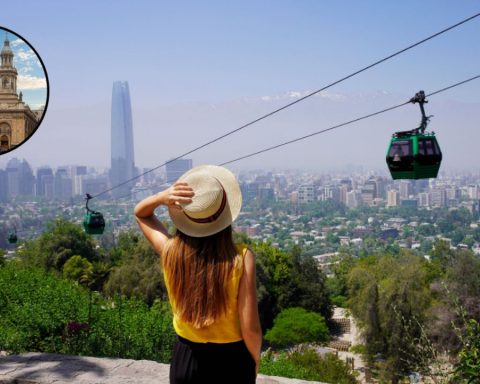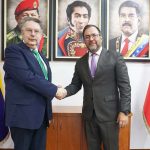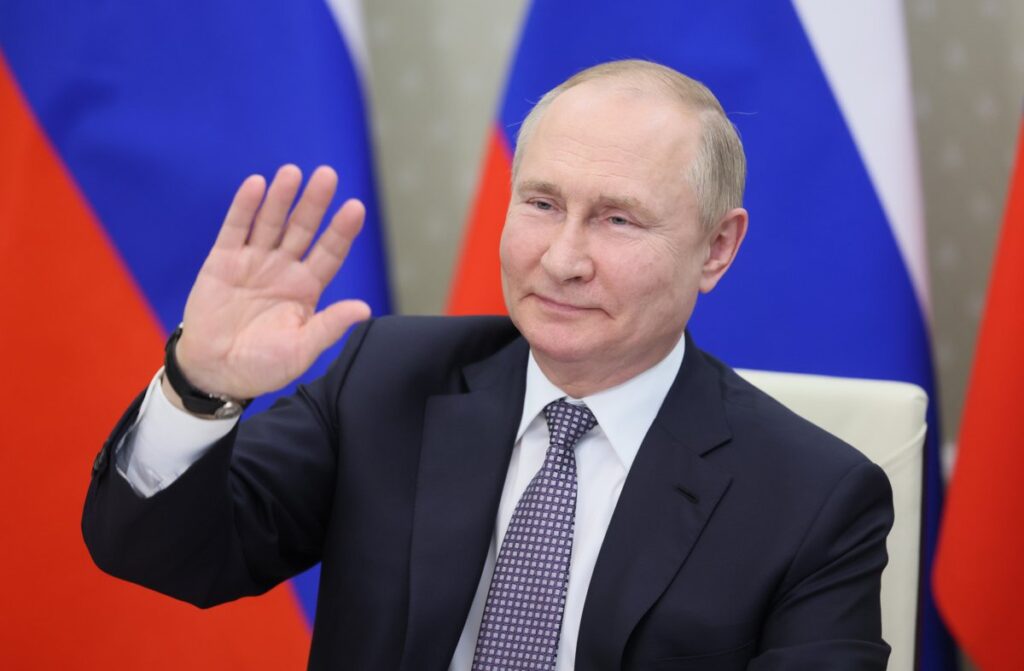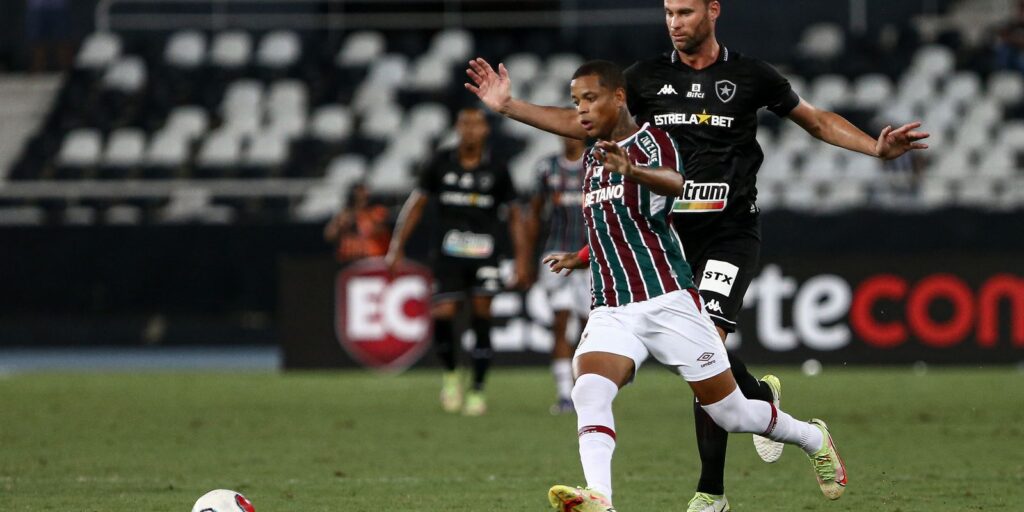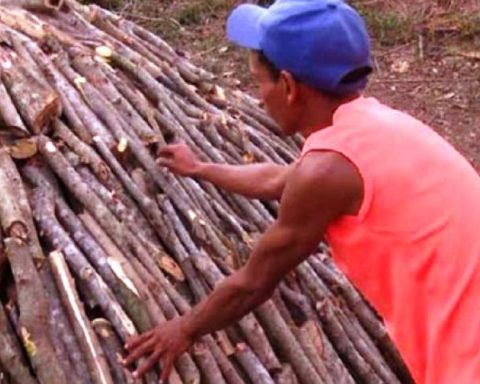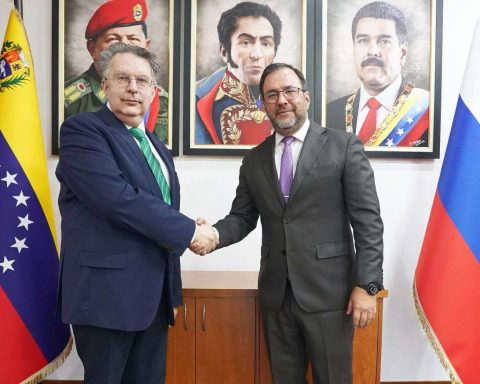The Government of President Gabriel Boric has ratified its commitment to “eliminate the power of fire”, seeking to prohibit the carrying of this type of weapon by civilians, in the context of a plan that seeks to go beyond the Arms Control Law, enacted last January, in order to strengthen the institutional framework and control in this matter. It was precisely in the public account of June 1, that the president announced that through the “Less Arms, More Security” Program, the radical limitation of his legal access will be sought, which caused some organizations, such as the Chilean Association of Rifle (ACDR), demonstrate in rejection of the proposal, accusing the judicial system of “deceiving the public with erroneous figures”, regarding the data provided by the South Prosecutor’s Office, on the fact that 80% of the weapons seized, involved in homicides , would correspond to legally registered weapons.
It was the Minister of the Interior, Izkia Siches, who assured that the Executive will seek to prevent what is happening in different neighborhoods of our country from continuing to happen, where, in her opinion, public space has been positioned by crime and drug trafficking. “It is in this line, where we are going to continue very strongly, taking charge with measures that are effective, but also very harsh against those who today use firepower against the inhabitants of our country. I understand that for some the business may be to sell weapons , for our Government, the commitment to recover our neighborhoods, to recover the functioning of our cities and the security for the inhabitants of our country is fundamental,” said Minister Siches.
A response from the Palace to a demonstration that took place this Friday just a few meters away, in the Plaza de la Constitución, called by the Chilean Rifle Association (ACDR), and whose purpose was to make their discomfort with the proposal that aims to the prohibition of firearms. In this regard, the representative of ACDR, Josefa Rodríguez, specified that “I do not believe in the figures that 80% of weapons used for crime are registered. There is a factor that we stop deceiving citizens with erroneous figures. What is correct is that today criminals have military weapons, they are attacking our citizens and that it is weapons that a normal person cannot have in their homes,”
Among those attending the demonstration was the owner of the Armarket armory – located in the center of Santiago – Óscar Gatica, who pointed out that the government’s proposal was a mistake, because in his opinion, “criminals did not go to the armories to buy weapons”. According to information to which he had access The counter, Some time ago, Gatica was accused of harshly threatening deputy Tomás de Rementería (Ind-PS).
Regarding the use of legally registered weapons, the Undersecretary of the Interior, Manuel Monsalve, announced a few weeks ago the creation of a new agency, included in the bill announced in the public account, to be in charge of an adequate control of the duly registered weapons, whose annual control is of the order of 4%. The purpose is to know where the registered weapons are, who owns them and what use they give them. At the same time, Monsalve pointed out that his priority will be in illegal weapons, where the role of police intelligence is fundamental.
According to data from the General Directorate of National Mobilization (DGMN) -a branch of the Ministry of Defense that, among other things, monitors and coordinates the control of weapons and explosives- up to April of this year, there were 765,817 active registered weapons, where the shotguns represent 35% (270,053); revolvers 32% (243,862); pistols 24% (183,730); rifles 6.3% (48,629); and “others” 2.5% (19,544). Although the report does not mention it, the Swiss-based portal Small Arms Survey -specialized in weapons and armed violence- estimates that until 2020 there were 2,200,000 weapons in the possession of civilians in Chile, of which 1,456,818 would not be registered. . According to this information, every 100 people, 12.12 would have a weapon.
What are the weapons in the hands of crime and where do they come from?
In all judicial proceedings, in which blood crimes have been committed, weapons are seized, and after they fulfill their expert value, they go to the so-called National Weapons Commission, dependent on the DGMN, and are destroyed in a ceremony, once a year, where it is subjected to a foundry. An important part of these requisitioned weapons correspond to blank weapons that have been adapted, for which it is required that a gunsmith or someone with personalized knowledge transform these weapons.
According to the former Undersecretary of War and former Undersecretary for the Armed Forces, Gabriel Gaspar, “there are also weapons of which there is no record, and that possibly entered through smuggling, which can be investigated by Customs, looking at its origin. In addition, there is another type of weapon that is spell, which is of very poor quality, which lasts very little time, but long enough to commit a crime.
The also former ambassador to Colombia and Cuba, added that because the law prohibits the use of automatic weapons, if criminals have access to them, there are only two possibilities: either a gunsmith adapted them, or they were smuggled in. In this regard, Gaspar pointed out that in judicial matters, it is urgent to appoint a special prosecutor to centralize all cases in relation to illegal weapons in the country.
In this sense, the deputy and president of the Security Commission of the Lower House, Raúl Leiva (PS), said that “there is a broad consensus in society on the problem of weapons, not only at the national level, but also at the world level, and the signal that President Boric gives when announcing this draft law for the prohibition of weapons, seems to us to be going in the right direction, however it is also important to say that work must be focused on illegal weapons, smuggling and adapted weapons, which effectively deliver great firepower to organized crime and drug trafficking. That should be the main focus, without prejudice to advancing in greater regulation and control so that the possession of weapons is a real exception in our country, in fully justified cases.

